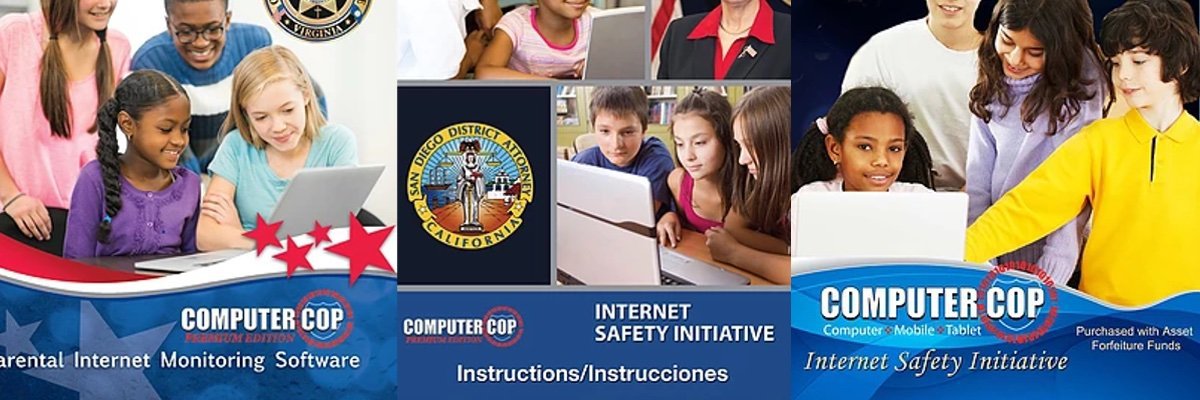This week, we’re finding transparency never rests with important work being done following up on an old privacy scandal targeting young people, plus a look at how even a no responsive documents response can help show when public officials are asleep at the wheel.
But first, a special announcement: From now until midnight on Nov. 28th, save 10 percent off any swag purchase in the MuckRock store with the coupon code “RedactedFriday”. That means you can start stocking up on a warm MuckRock hoodie, a magically unredacting coffee mug, a FOIA-themed magnet set stocking stuffer. Or grab a Black Bars t-shirt while we still have them in stock — we’re just about done with them.
Finally, a one-stop shop for all your #FOIA swag needs - the MuckRock store https://t.co/zu3jQFaN28 pic.twitter.com/0lSN9MyBGo
— MuckRock (@MuckRock) June 23, 2017
Remember to just use the code “RedactedFriday” at the MuckRock store by Tuesday at midnight.
If you’re feeling inspired by these requests, file a public records request of your own. And if you find a FOIA story worth sharing, send it over via email, on Twitter, or on Facebook, and maybe we’ll include it in the next roundup.
EFF follow ups on ComputerCop’s suspicious endorsement from the Treasury Department
Three years ago, the Electronic Frontier Foundation’s Dave Maass did a deep-dive into ComputerCop, a company that tapped into asset forfeiture funds at police departments around the country to sell software that monitored keystrokes on computers of students and children.
Maass’ investigation found a host of problems:
The way ComputerCOP works is neither safe nor secure. It isn’t particularly effective either, except for generating positive PR for the law enforcement agencies distributing it. As security software goes, we observed a product with a keystroke-capturing function, also called a “keylogger,” that could place a family’s personal information at extreme risk by transmitting what a user types over the Internet to third-party servers without encryption. That means many versions of ComputerCOP leave children (and their parents, guests, friends, and anyone using the affected computer) exposed to the same predators, identity thieves, and bullies that police claim the software protects against.
That investigation also found that ComputerCop apparently altered letters from the Department of Treasury to make a letter from the agency appear to be a broad endorsement rather than the narrow approval it was.
That story sparked a broader investigation, and while the agency’s Inspector General did indeed find that the document was improperly altered, it also found that the statute of limitations had expired. Maass reports in his latest investigation:
A document obtained through the Freedom of Information Act shows that, in response to EFF’s research, the Treasury Department’s Inspector General launched an investigation into ComputerCOP. The final report concluded that the company had, in fact, doctored a government letter to improperly convince law enforcement agencies to spend asset forfeiture funds to buy the product.
The EFF posted the primary IG report the piece was based on, as well as other supporting documents obtained through FOIA.
Bipartisan support for more transparency in Kansas
I missed the follow up reaction to the Kansas City Star’s broad investigation into the high cost of secrecy.
The reaction is promising: Lt. Gov. Jeff Colyer, set to become governor if Gov. Sam Brownback is confirmed in the senate, told the paper that “transparency is absolutely critical to increase Kansans’ confidence in government. I look forward to taking steps to increase transparency and improve public trust when I become governor.”
Other politicians pledged to push for specific reforms in increasing transparency on many of the issues that the Star raised.
Exposing empty oversight
Lauren Stanforth has a good piece for the Time Union looking at about two dozen New York ethics boards, many of which had not met in years.
A two-month examination of the practices of nearly two dozen Capital Region ethics boards revealed many of the panels meet only “as needed” and do not update their codes or proactively conduct investigations — throwing them into a state of dormancy that can last years. Many localities also leave ethics board positions unfilled, leaving the bodies without enough members for a quorum. The towns of Clifton Park, Colonie, Glenville, Malta, North Greenbush and Rotterdam, as well Schenectady County, could provide little to no record of their ethics boards meeting in the last five years. Officials with the town of Niskayuna acknowledged it is supposed to have an ethics board according to town code. Niskayuna’s attorney said the town would take steps to appoint one.
Local meeting minutes are often a constant fight to obtain, and this investigation is another example of why they matter.
And some of the quotes are incredible. “I guess I’m still on the board. I’ve never been notified that I haven’t been,” one ethics board member told Stanforth. “It has been a very long time since we’ve met.”
A new FOIA mascot?
Hey, guys! I found the top secret documents. pic.twitter.com/5lxQ95Lr4Q
— In Otter News (@Otter_News) November 23, 2017
Send us your favorite FOIA stories via email , on Twitter , or on Facebook , and maybe we’ll include them in the next roundup. And if you’re starting your holiday shopping and want to support transparency while also getting cool gifts, please check out the MuckRock store.




